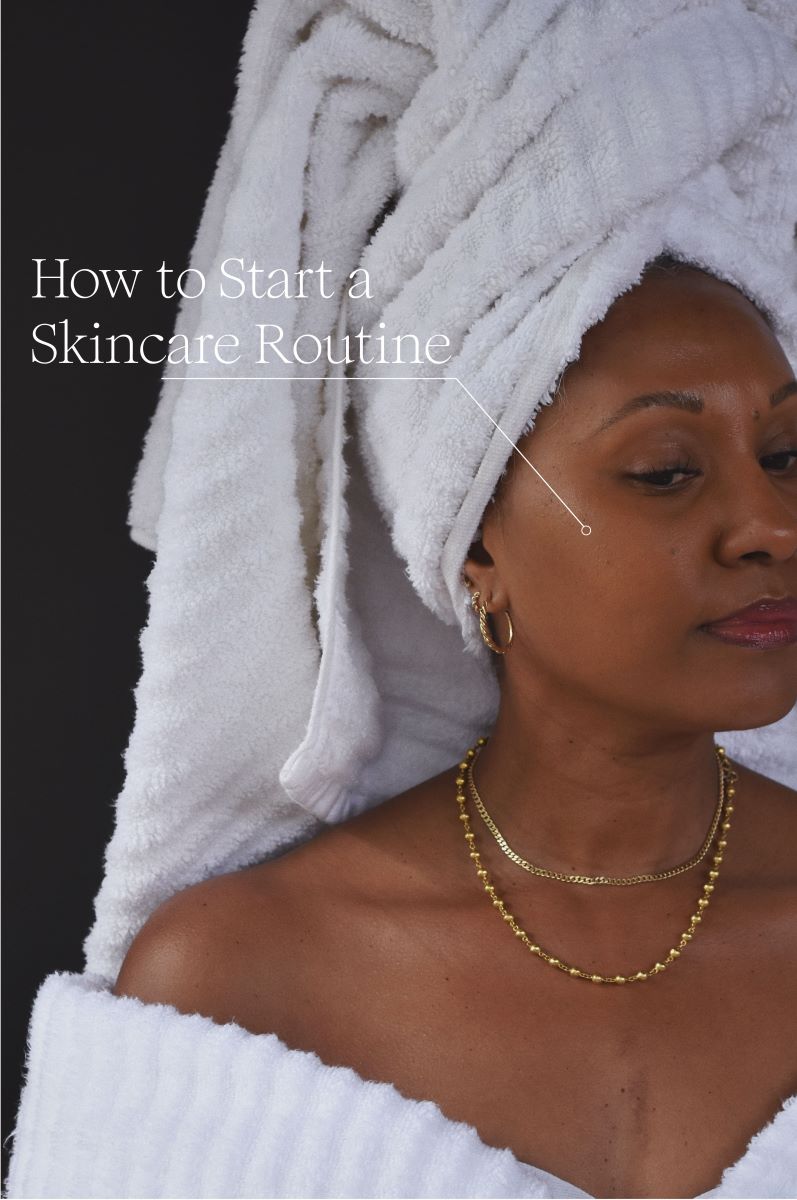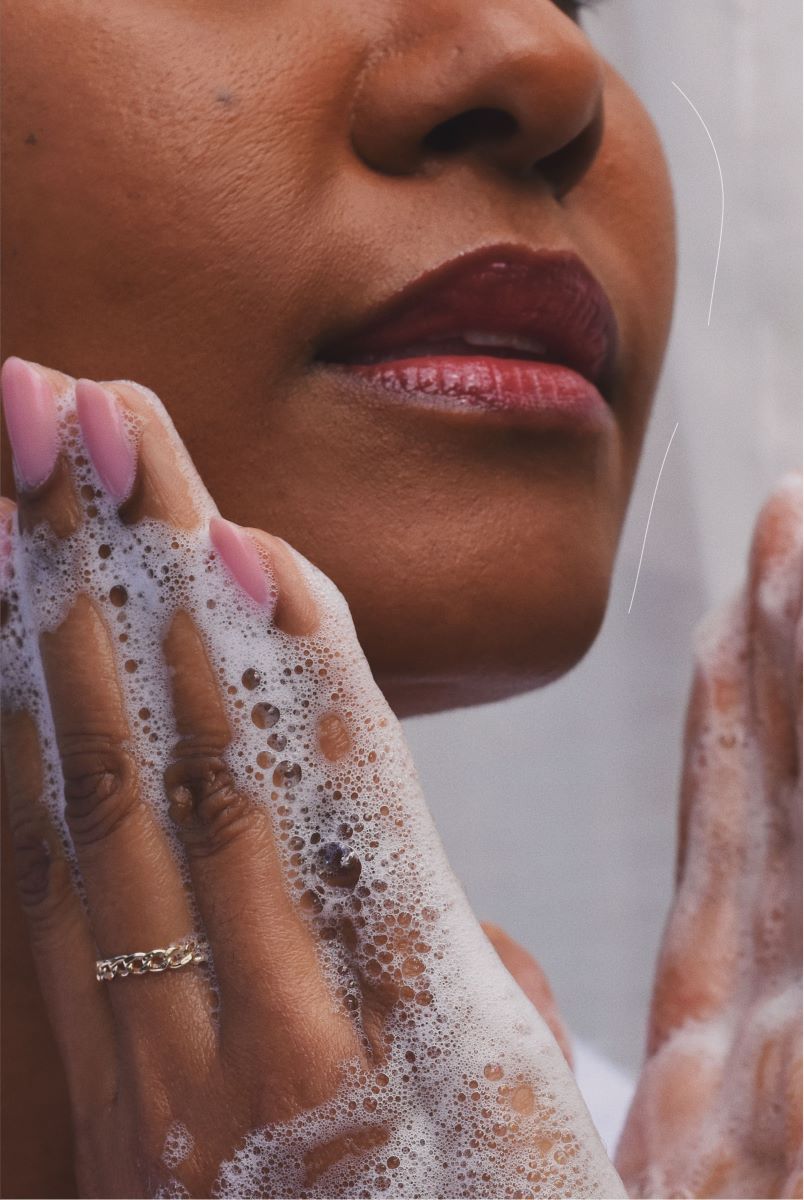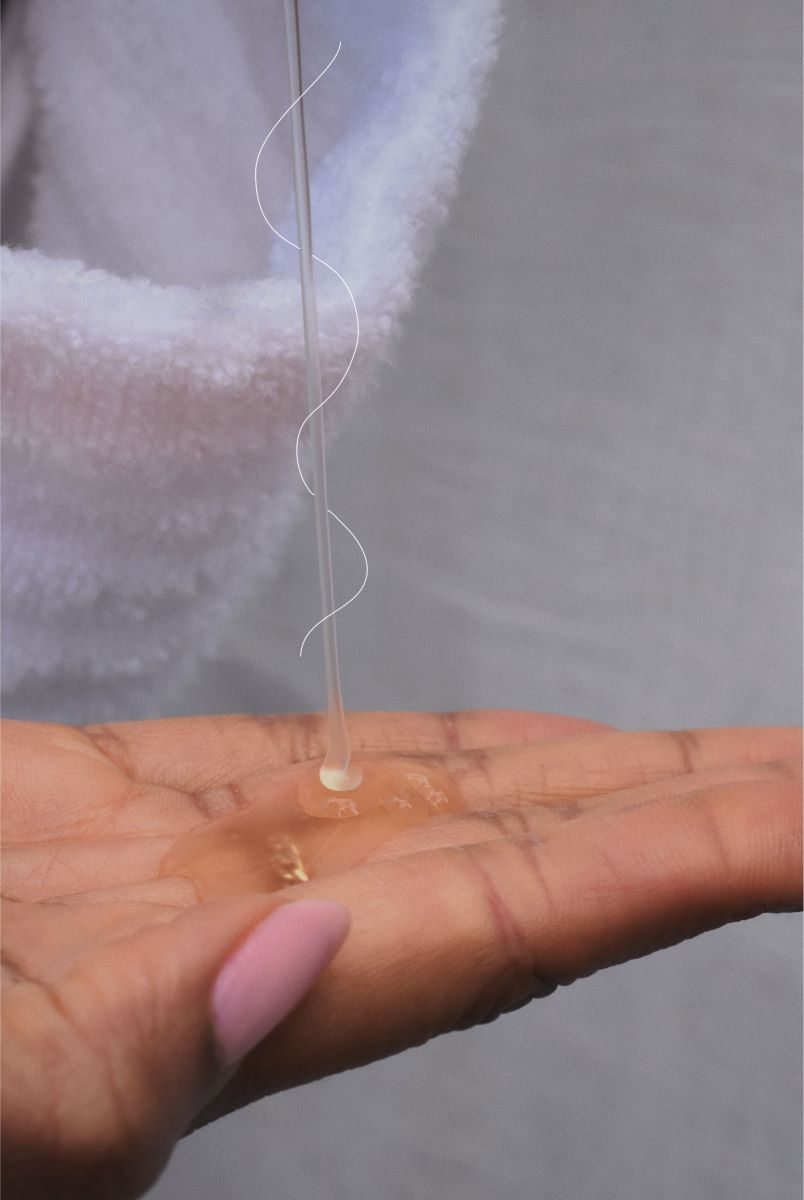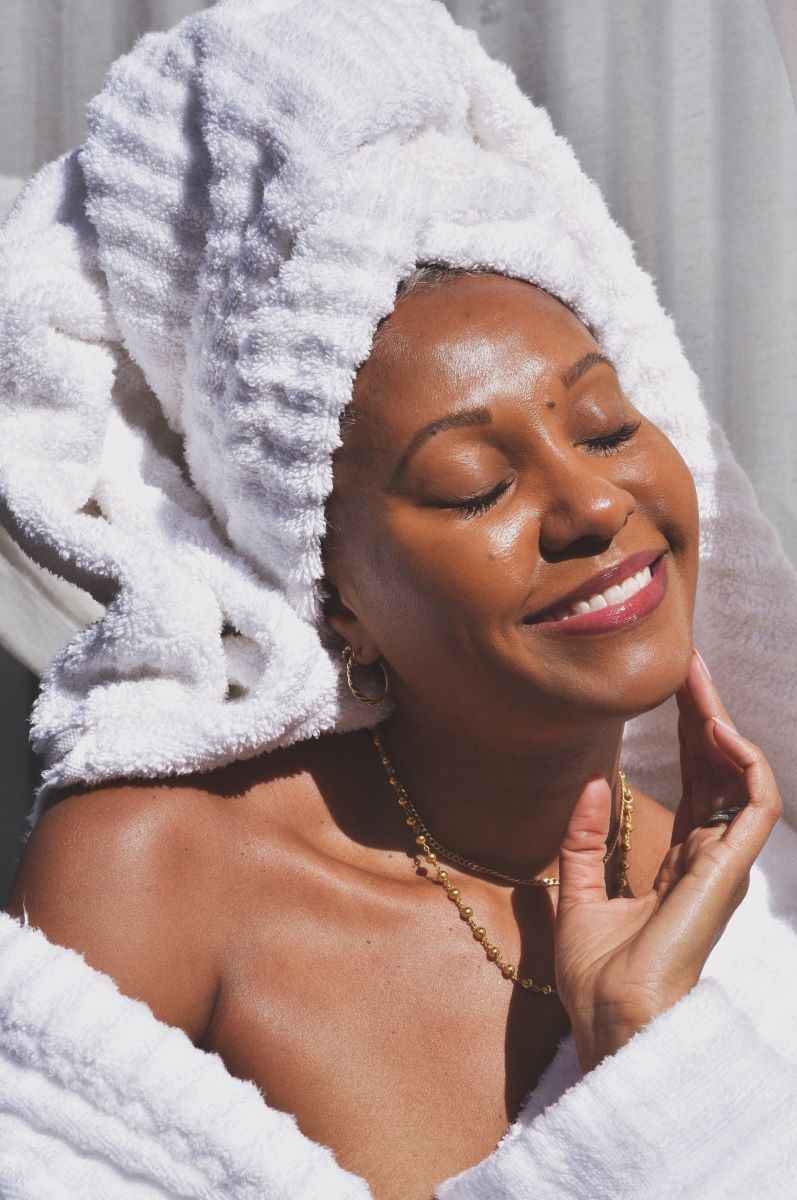How to Start a Skincare Routine
Would you believe that I didn’t start a skincare routine until I was 32? I share this to say that if you’re a late skincare bloomer like me, all hope is not lost. As they say, “better late than never”. My biggest advice to anyone just getting started is to keep it simple yet consistent. A good skincare routine doesn’t have to be complicated but you do need to be committed. It’s an investment of quality products and your time. To be clear, I don’t mean expensive products necessarily, but you do want to be intentional with the ingredients you are putting on your skin.
Skincare is not a one size fits all approach. We all have different skin types and concerns. While I’m always happy to share the products that work for me, it’s always important for you to look for ingredients that support your skin type and concerns. Personally, I have oily, aging, acne prone skin. So the products I use support these specific skin concerns. For example, I like lightweight moisturizers because my oily skin is prone to clogged pores. But someone with dry skin might thrive with a heavier moisturizer.
I’ve spent years researching why products work or don’t work. I’m also lucky enough to have attended dozens of master classes hosted by industry leaders like Shani Darden, Dr. Barbara Sturm, Dr. Dennis Gross and many more. I’ve built up a wealth of knowledge that I’m happy to share with all of you.
How to Start a Skincare Routine
When starting a new skincare routine, it’s important to introduce products into your routine one at a time. This way, if you have an adverse reaction you’ll know exactly which product is the culprit. I’d suggest starting with a basic 4 step routine: Cleanse, Hydrate, Moisturize, and Protect.
STEP 1: CLEANSE | FINDING THE RIGHT CLEANSER
A good cleanser is gentle yet able to deep cleanse to remove dirt, makeup, and impurities from your skin without disturbing your skin’s PH balance and natural skin barrier. Ever wash your face and it feels tight? That could be a sign it’s not the right cleanser for you.
Personally, I’m a firm believer in the double cleanse. I can’t remember the source, but I heard a great analogy a while ago, “Why would you mop the floor before sweeping it?” That’s exactly what a double cleanse does! An oil cleanser is necessary to break up makeup and SPF on the surface of skin. While a gel or foam cleanser will give your skin hydration and a deeper cleanse to continue to break down dirt and environmental impurities. It should calm and soothe your skin to help reduce inflammation and protect the skin barrier.
Once you have properly cleansed your face, your skin is prepped and ready to absorb the products in the next steps of your routine.
STEP 2: HYDRATE / TARGETED SERUMS
I love a good serum! Serums offer a concentrated form of target ingredients. Choosing the right serums will be dependent on your skincare concerns. When starting a new routine and particularly if you have sensitive skin, I would suggest introducing serums into your routine once you’ve adjusted to using cleanser, moisturizer and SPF. Once your skin has had time to adjust to the basic routine and you aren’t seeing any adverse reactions, then add on any targeted serums.
AM Serums
For your morning routine, you’ll want a serum that will hydrate and attract moisture to your skin. Ingredients like hyaluronic acid are the gold standard of hydration. You might want to consider a combination of hyaluronic acid to attract hydration and vitamin c to treat dark spots and fight free radicals to protect your skin throughout the day.
PM Serums
For your evening routine, look for a serum that includes ingredients that promote cell renewal. AHAs and BHAs are all chemical exfoliants that will remove dead surface cells. These exfoliants can also help reduce the appearance of fine lines and wrinkles and dark spots.
AHAs (Alpha Hydroxy Enzymes) are typically derived from fruits (like pineapple, papaya, and pumpkin) and work on the surface of the skin to remove dead skin. Other names for AHAs are lactic acid, glycolic acid, citric acid, hydroxycaprylic acid, and hydroxycapric acid.
BHAs (Beta Hydroxy Acid) are oil-soluble and go deeper within the skin’s surface to unclog pores. Other names for BHAs are salicylic acid, tropic acid, and trethocanic acid.
STEP 3: MOISTURIZE | FINDING THE RIGHT MOISTURIZER
Serums are to hydrate and moisturizers are to lock in that hydration. A good moisturizer will create a layer of defense against the environment. Contrary to popular belief, you still need to moisturize if you have oily skin. As I mentioned earlier, a lightweight moisturizer might be best whereas if you have dry skin, look for a moisturizer with a heavier texture.
STEP 4: PROTECT | SPF
We all need SPF no matter our skin tone or age. SPF = PREVENTION. It protects against hyper pigmentation, fine lines and wrinkles, and free radical damage. The sun is the most damaging element you are going to encounter everyday. Even when you’re indoors you are still being exposed to blue light damage.
GREAT STARTER KITS
Skincare kits are a great option when you’re starting a skincare routine. It allows you to try a full selection of products at a affordable price. This way, you don’t have to commit to purchasing a full size bottle until you are sure you love the product. I’ll link some of my favorite starter kits from my favorite brands below.





